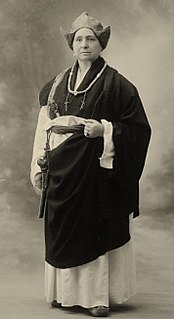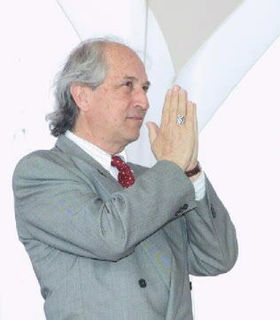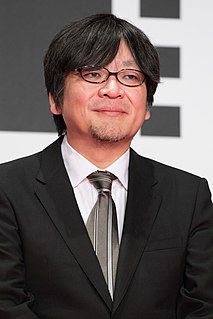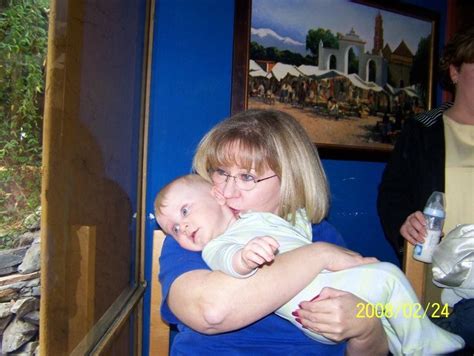A Quote by Alexandra David-Neel
Nature has a language of its own, or maybe those who have lived long in solitude read in it their own unconscious inner feelings and mysterious foreknowledge.
Quote Topics
Related Quotes
No one yet understands the mysterious intelligence within plants or the implications of the idea that nature communicates in a basic chemical language that is unconscious but profound. We do not yet understand how hallucinogens transform the message in the unconscious into revelations beheld by the conscious mind.
The true use of Shakespeare or of Cervantes, of Homer or of Dante, of Chaucer or of Rabelais, is to augment one's own growing inner self. . . . The mind's dialogue with itself is not primarily a social reality. All that the Western Canon can bring one is the proper use of one's own solitude, that solitude whose final form is one's confrontation with one's own mortality.
It takes time and devotion to learn the language of color and lighting in the garden. Your tastes are sure to change over time, reflecting your inner evolution. Seeing the garden as a canvas for your celebration of Nature's palette is a wonderful expression of the soul's love of beauty and artistry. Your own inner intuition, however, is often your best teacher, but don't forget that Mother Nature will always have a few surprises up Her sleeve as well.
I think that most of us, anyway, read these stories that we know are not "true" because we're hungry for another kind of truth: the mythic truth about human nature in general, the particular truth about those life-communities that define our own identity, and the most specific truth of all: our own self-story. Fiction, because it is not about someone who lived in the real world, always has the possibility of being about oneself. --From the Introduction





































